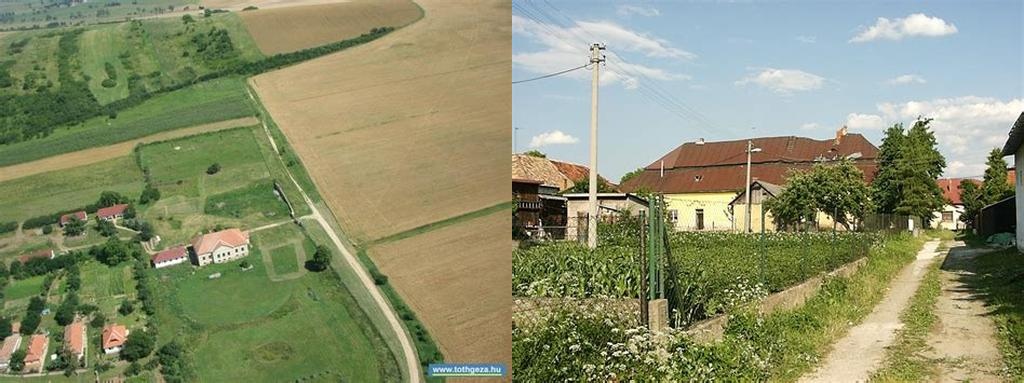
Péchy-kúria in the little village of Kázsmárk is one of those quietly captivating places in northern Hungary that feels truly undiscovered. Set amidst rolling hills and centuries-old trees, this stately mansion wears its age with the grace of a beloved storybook. You drive into Kázsmárk along a narrow country road, past wheat fields and orchards, until suddenly the pale facade and sweeping grounds of the mansion appear, like a mirage of a forgotten era. For those who want to experience the quieter corners of Hungarian history—beyond the grandeur of Budapest or the spicy bustle of the larger cities—spending a day at Péchy-kúria is like stepping into a gentle dream.
The mansion itself was built in the late 18th century, during a time when the noble Péchy family played a key role in this part of Hungary. There’s something undeniably charming, almost melancholic, about how these aristocratic homes once functioned as small worlds unto themselves—homes, businesses, social centers, all rolled into one. When you walk through the front doors of Péchy-kúria, you’re met with the lingering scent of old wood and polished stone—a tangible trace of history that feels worlds away from the traffic and clatter of twenty-first-century life. The décor tastefully references the golden years of the kúria, offering displays that bring to life the daily routines of its former residents. Sunlight filters through the original sash windows, illuminating oil paintings of mustachioed gentlemen and soft-eyed ladies, the ancestors of the Péchy line whose footsteps once echoed on these very floors.
One of the most interesting chapters in the mansion’s long history comes courtesy of Péter Péchy, a notable member of the family born in 1755. Péchy wasn’t just the usual countryside landowner—he was a fascinating figure who left his mark on politics and religious life in Hungary, especially as a proponent of Protestant rights. The mansion, as a result, has long been a hub not just of gentry life, but of significant debates around religion and national reform. Even if you aren’t a history buff, wandering the grounds, you can almost sense the hush of those age-old conversations, the debates held in drawing rooms, the whispered confidences in lamp-lit corridors.
The grounds themselves merit exploration. Stroll under ancient linden and chestnut trees; in spring and summer, the air fills with birdsong and distant laughter from villagers passing on their bicycles. Though the original gardens don’t precisely match eighteenth-century plans, you’ll still find the bones of formal landscaping—an avenue lined with trees, patches of medicinal herbs, and even traces of the old kitchen gardens. If you look closely, you’ll spot details like ornamental ironwork on the gates or the time-mottled bricks of a side carriage house, all marvels in their own quiet way. Bring a book or a sketchpad and let the gentle hum of rural life slow your thoughts.
The village of Kázsmárk is a charm in itself. Only a few hundred people live here, and nearly everyone can tell you a storied anecdote about the mansion. It’s not hard to coax out a tale about a grand ball, a secret wartime hiding place, or a famous visitor—legend even tells of an encounter between the family’s young heir and Lajos Kossuth, the great Hungarian statesman, as he made his way through the region during the Revolution of 1848. Whether these stories are true or just delightful inventions, they add layers to the mansion’s sense of romance and memory.
Visiting Péchy-kúria isn’t just about architecture, gardens, or even history; it’s about stepping gently into someone else’s story. It’s about feeling the connection between past and present, between the quiet grandeur of a noble family’s ancestral home and the rhythm of everyday life in rural Hungary. As you pause in the shade of a chestnut tree or gaze over golden fields from an upstairs window, you might find yourself wishing—just a little—that you could be transported back to one of the mansion’s candlelit evenings, music drifting through open windows, the future still a story waiting to be written.





